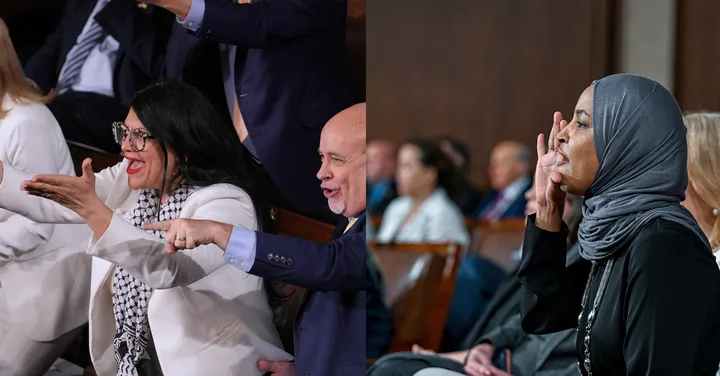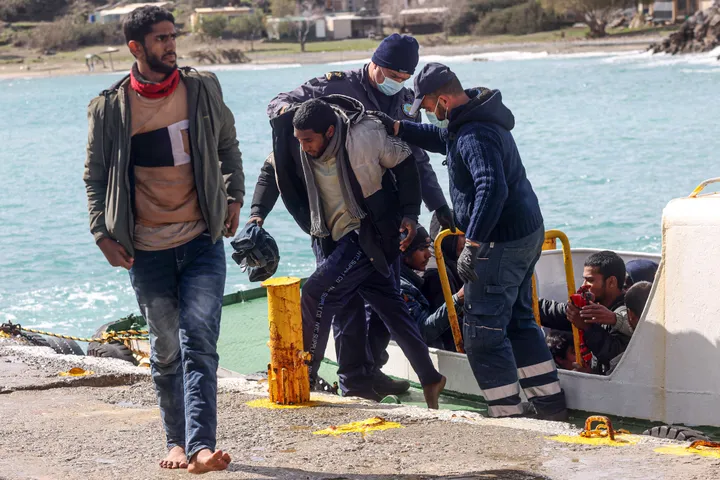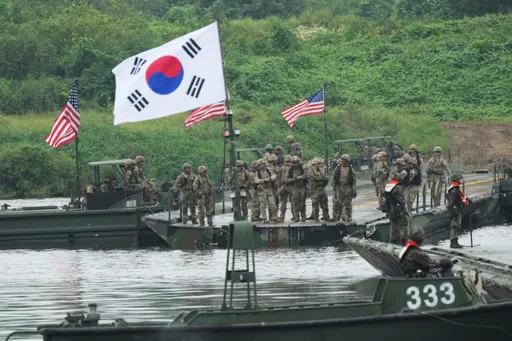The Indian Supreme Court has agreed to hear two separate pleas challenging the government of western Gujarat state's remission of 11 convicts in the Bilkis Bano gang rape case.
The court's decision on Tuesday follows the challenging of the Gujarat government's decision by three petitioners, including Communist Party of India leader Subhashini Ali, independent journalist Revati Laul and Trinamool Congress party lawmaker Mahua Moitra.
Earlier, the court said it will consider the urgent listing of two separate Public Interest Litigations (PIL) challenging the Gujarat government decision.
Human rights groups and Muslims have expressed outrage over the release of the 11 men serving life sentences for gang rape and murder during the 2002 Gujarat riots, which killed over 1,000 people, the majority of whom were Muslims.
The 11 convicts in the case of gang rape survivor Bilkis Bano were released from jail on August 15 after the authorities approved their appeal for “remission of sentence.”
READ MORE:Gang-raped Muslim woman 'numb' after India frees convicts
A long legal battle
On March 3, 2002, Bilkis Bano was gang raped and 14 members of her family, including three-year-old daughter Saleha, were massacred by a mob in the Limkheda area of Dahod district.
According to the court’s verdict, Saleha was killed by pounding her head on the ground. Bano was 21 at the time and five months pregnant. She survived the carnage by pretending to be dead and then losing consciousness.
In 2008, a special Central Bureau of Investigation court convicted 13 accused in the case and sentenced the 11 men to life in prison on the gang rape and murder counts.
Bano later told prosecutors that the 11 men convicted were from her neighbourhood.
After a 17-year legal battle, the Indian Supreme Court ordered the Gujarat government in 2019 to pay Bilkis Bano approximately $63,000 (5 million Indian rupees) and provide her with a job and accommodation – the first such order in the Gujarat riot case.
Gujarat is the home state of Bharatiya Janata Party (BJP) Prime Minister Narendra Modi, who was the state’s chief minister at the time and has been accused of not doing enough to stop the killings.
According to officials, the application for remission filed by the 11 convicts was considered due to the “completion of 14 years” in jail and other factors such as “age, nature of the crime, behaviour in prison and so on”.
READ MORE:Rights groups decry release of convicts in gang rape, murder case in India























